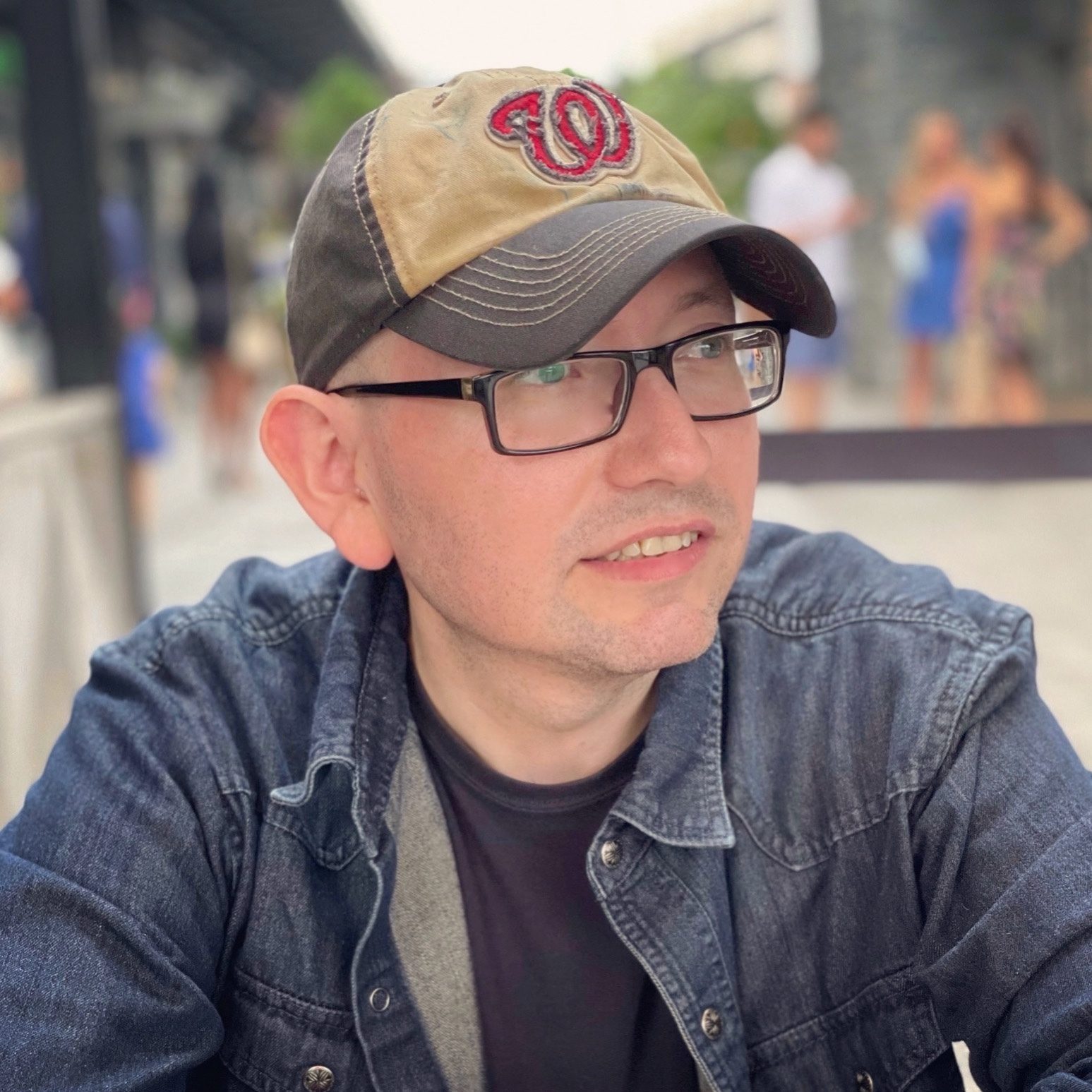The timing and arrival of this movie at the tail end of 2020 was perfect. Written and Directed by master screenwriter Aaron Sorkin, The Trial of the Chicago 7 is one of the most politically relevant movies I’ve seen all year.
It was initially supposed to be released in theaters, but because of the global pandemic, Paramount sold it to Netflix for both direct streaming and theatrical release.
The movie starts with actual news footage from the late ‘60s, including a Walter Cronkite clip at the beginning of the film, similar to how Spike Lee did it in Blackkklansman and Da 5 Bloods. The movie doesn’t waste any time and gets right into the meat of the story right away.

1968 was one of the worst political years in the history of the United States. Both MLK and Bobby Kennedy were assassinated in the same year. The draft and the unpopular Vietnam war were still going on—and 8 prominent leaders of progressive movements were brought to trial. They were accused of conspiracy to cross state lines to commit violence at the 1968 Democratic National Convention in Chicago — where violent clashes did indeed broke out between protesters and police.

Under President Lyndon Johnson, the justice department investigated these clashes. It concluded that the Chicago Police department was as much to blame for the violence as the protesters and declined to seek any legal prosecution. Then, Richard Nixon comes into office and decides to send a message to all young idealistic protesters by putting all these prominent progressive leaders in a criminal trial, which was evidently, pure political theater with potentially dire consequences for the accused.

Riveting performances from the entire cast. Sacha Baron Cohen (Abbie Hoffman) is excellent in a captivating performance. Eddie Redmayne (Tom Hayden) adds a unique and believable sensibility to this role. The conflict between Abbie and Tom — and all of their philosophical differences regarding how to move their progressive causes forward is a crucial component of this movie. There is also great chemistry between Jeremy Strong (Jerry Rubin) and Sacha Baron Cohen’s Abbie Hoffman. John Carrol Lynch (David Dellinger) gives a solid performance as the anti-war pacifist leader. Alice kremelberg (Bernardine Dohrn) shows up as a younger version of the future and infamous leader of the Weather Underground organization.

Frank Langella (Julius Hoffman) should have been nominated for an Academy Award for best supporting actor with this performance of the disgustingly corrupt Judge Hoffman, who turns this trial into the most unfair shit-show of a trial that I have ever seen in a movie. We get to see how the defendants and their lawyers feel powerless against his tyrannical behavior. Langella’s portrayal wasn’t exaggerated; Judge Hoffman actually behaved in that exact manner during the trial. The mixture of dialogue straight out of court transcripts and Sorkin’s dramatization work beautifully.

Mark Rylance (William Kunstler) is outstanding as the famous ACLU lawyer. Yahya Abdul-Mateen II (Bobby Seale), the renowned leader of The Black Panther Party, has a handful of scenes but completely takes over the screen in every single scene that he is in. He was actually bound and gagged for days during the trial — insane to realize that this actually did happen in a courtroom of the United States of America. My only issue with this part of the movie is that it doesn’t clarify how long Seale was bound and gagged. I feel like the movie had plenty of opportunities to amplify this fact but ended up minimizing it a bit by not focusing on how long he was restrained.

Joseph Gordon-Levitt (Richard Schultz) is convincing as a conservative federal prosecutor who takes on the case but disagrees with his own Attorney General John N. Mitchell (John Doman) on the merits of the criminal charges against the Chicago 7. Although surrounded by extreme right-wing types in the Nixon administration, Schultz manages to show empathy, integrity, and support for the defendants’ rights to protest.

It is fascinating to view the events of the trial of the Chicago 7 through the lens of our current times and to see the parallels between today and 1968. it is hard to believe that this trial actually did happen in the not so distant past. The cultural and generational divide is comparable to our current timeline. Today’s relevant issues are expressed brilliantly in this movie, like the power and right to protest—liberalism vs. extreme right-wing ideologies.
The villainization of the Black Panther Party and the Black Lives Matter movement is similar in the way media outlets attempted to negatively portray BLM protests all over the world this past summer (2020). The need for police reform is also pointed out. This film explores government and media power themes and how they can be used and abused to silence voices of progress.

The ending felt a bit abrupt, mostly because I wanted to watch a bit more and see the defendant’s eventual vindication instead of reading about it at the end. Nevertheless, the Trial of the Chicago 7 is an important movie to watch and should already be a strong candidate to win a bunch of awards in the upcoming Awards season. I was moved and inspired by this movie.
Four out of Five Popcorn Bags 🍿🍿🍿🍿
The Trial of the Chicago 7 (2020). Streaming on Netflix.


